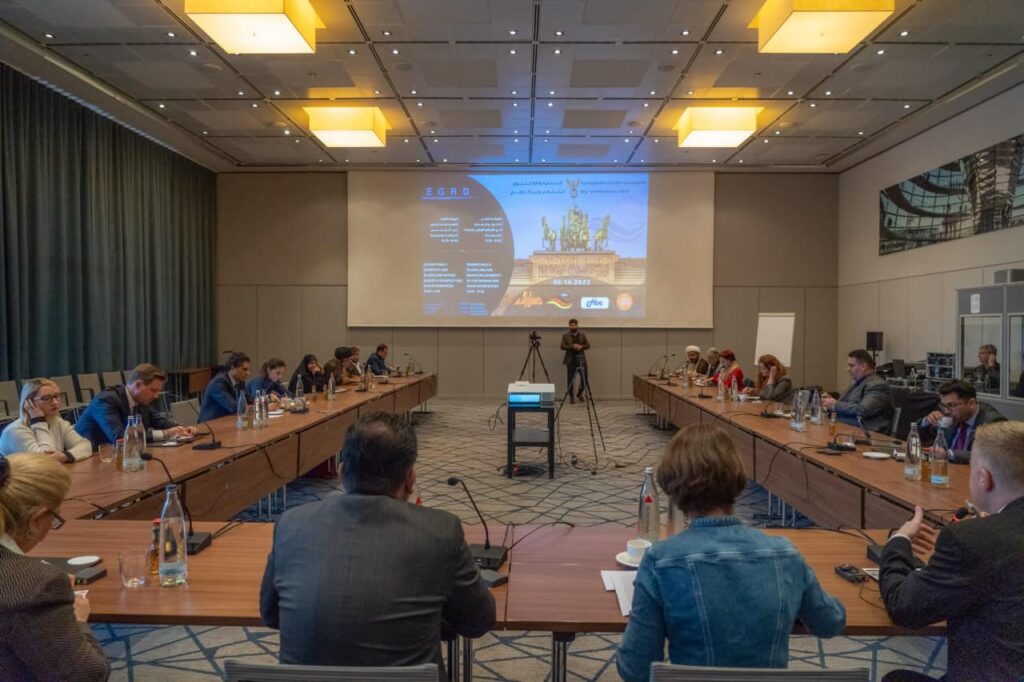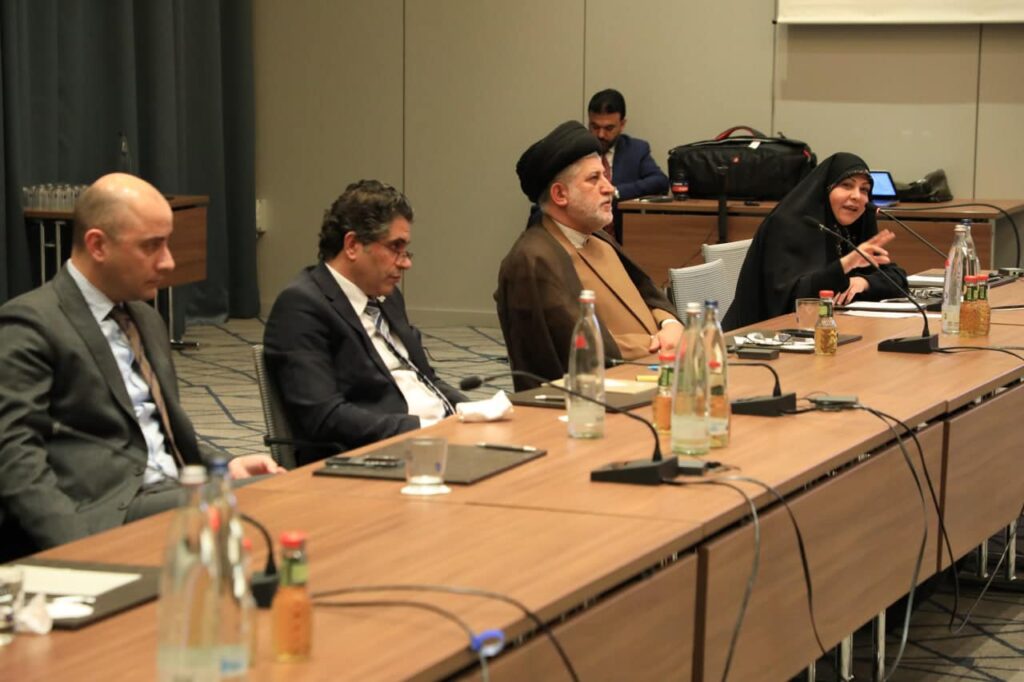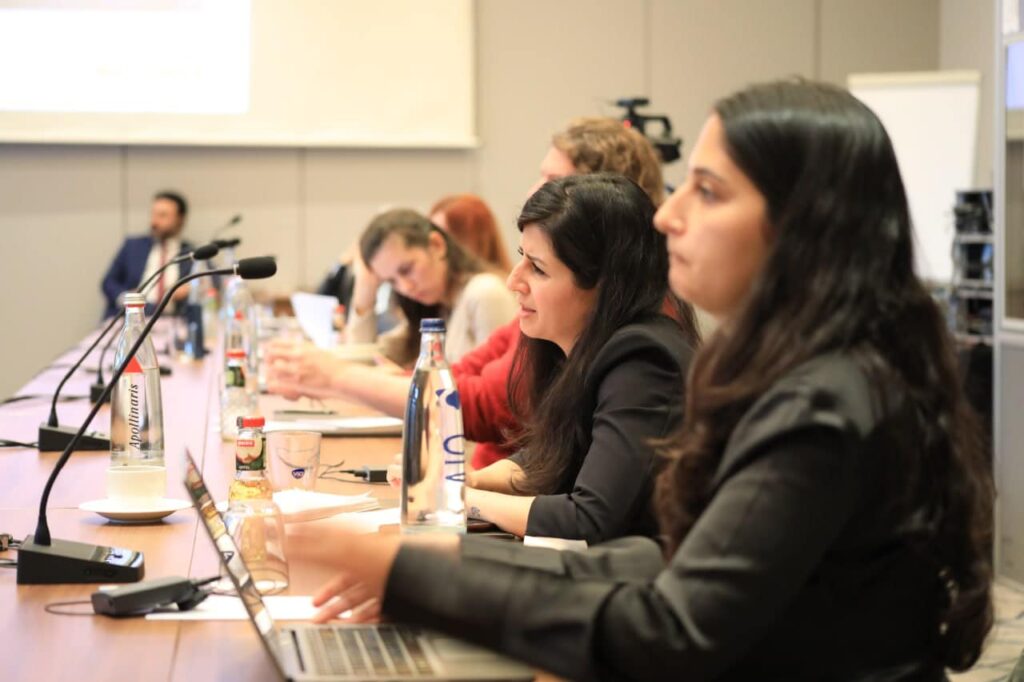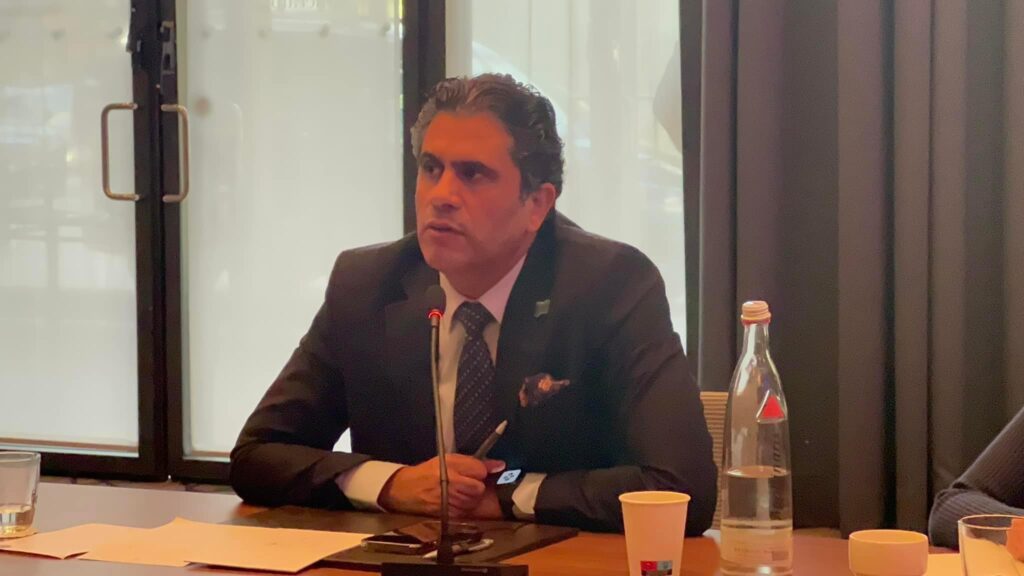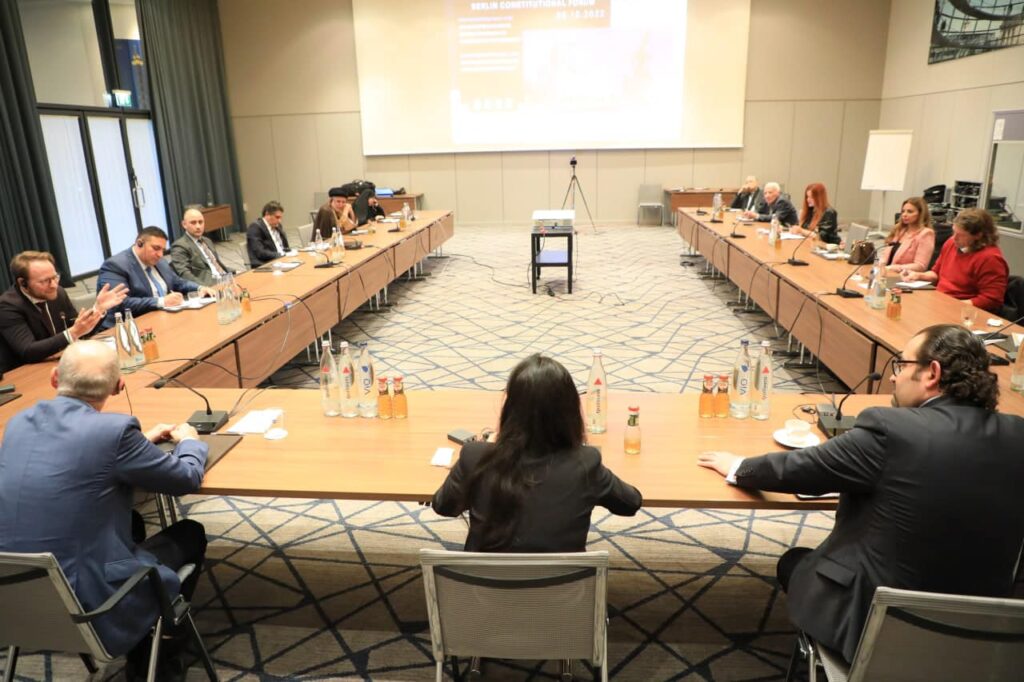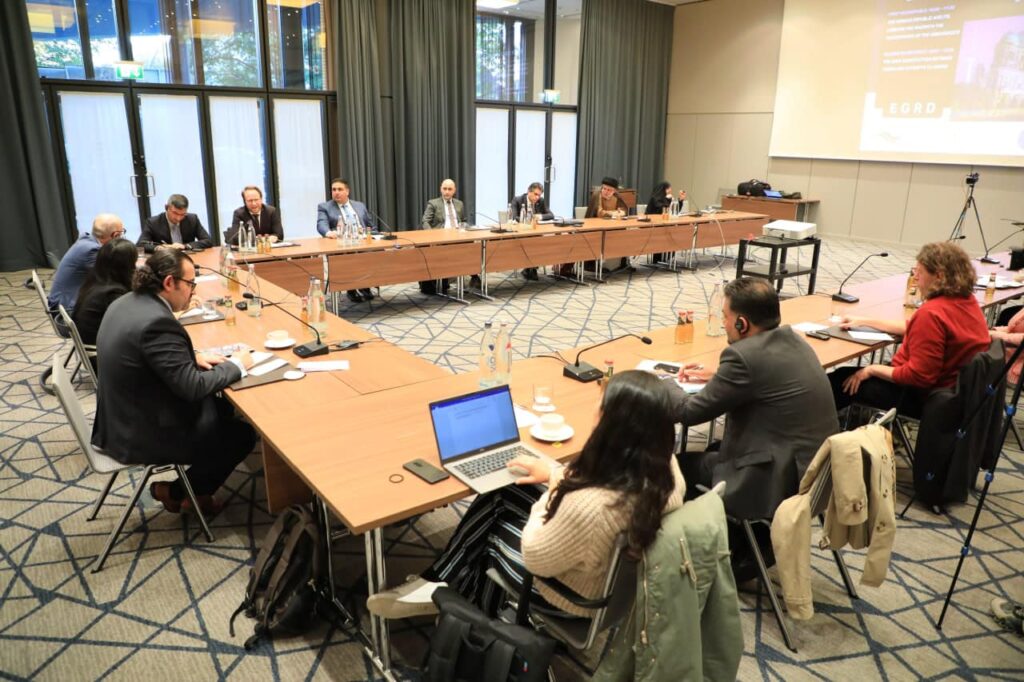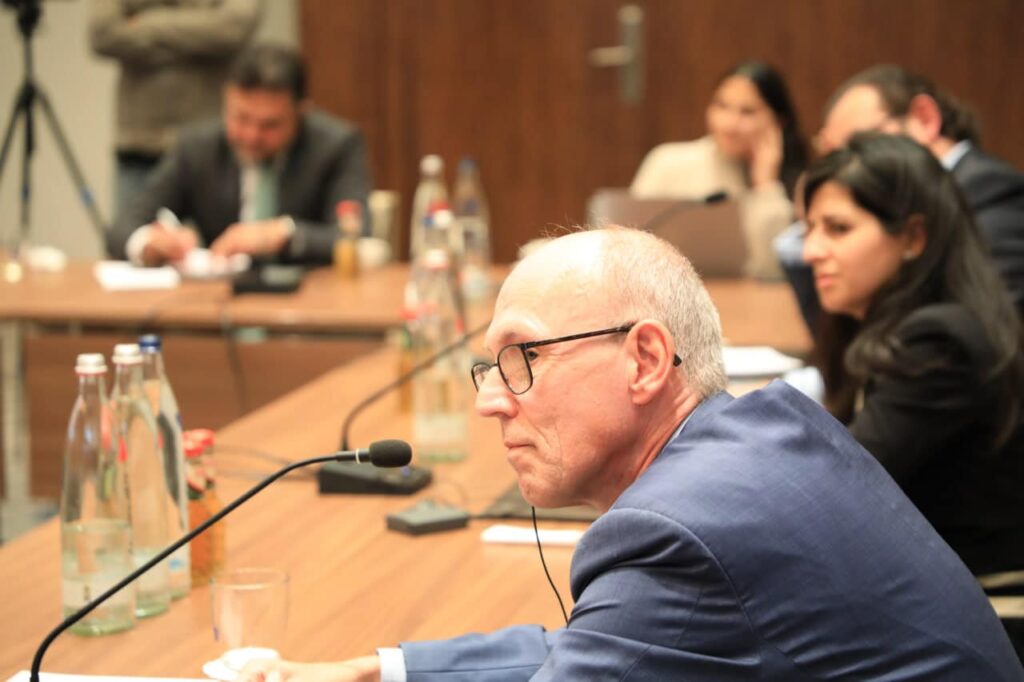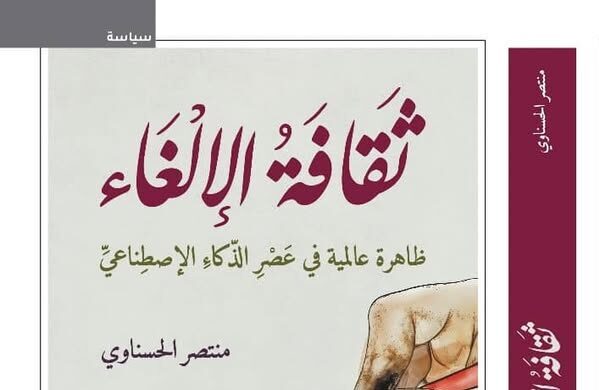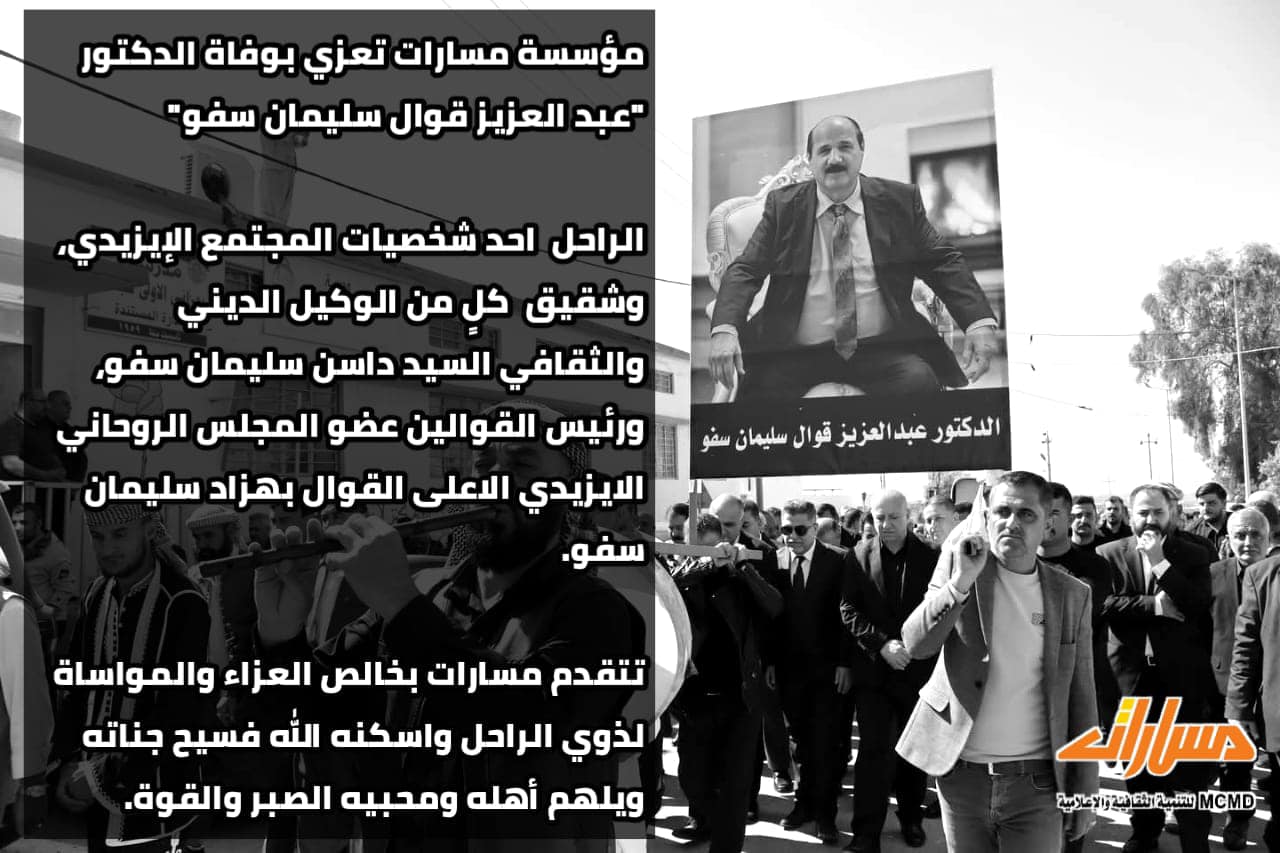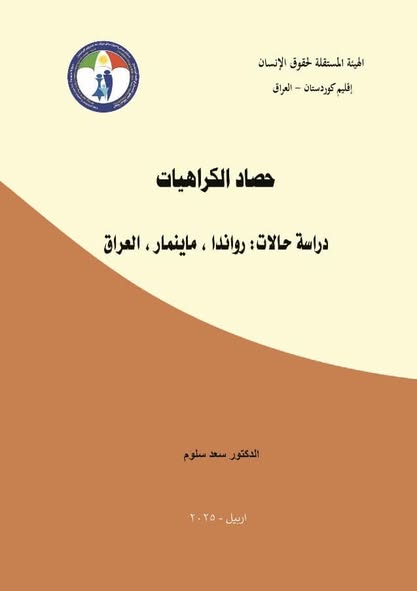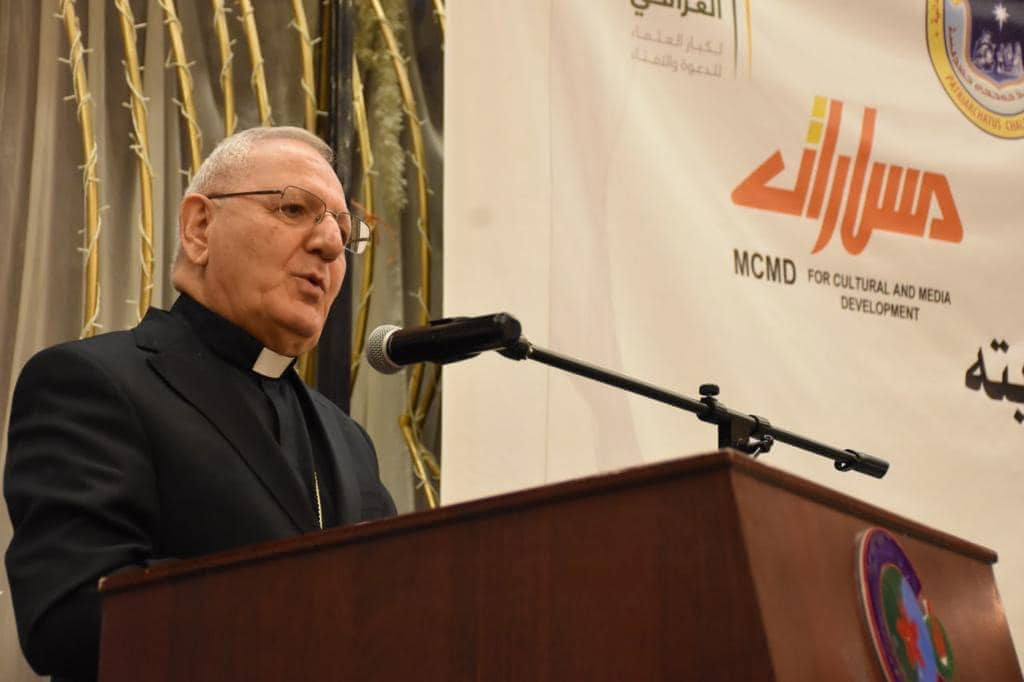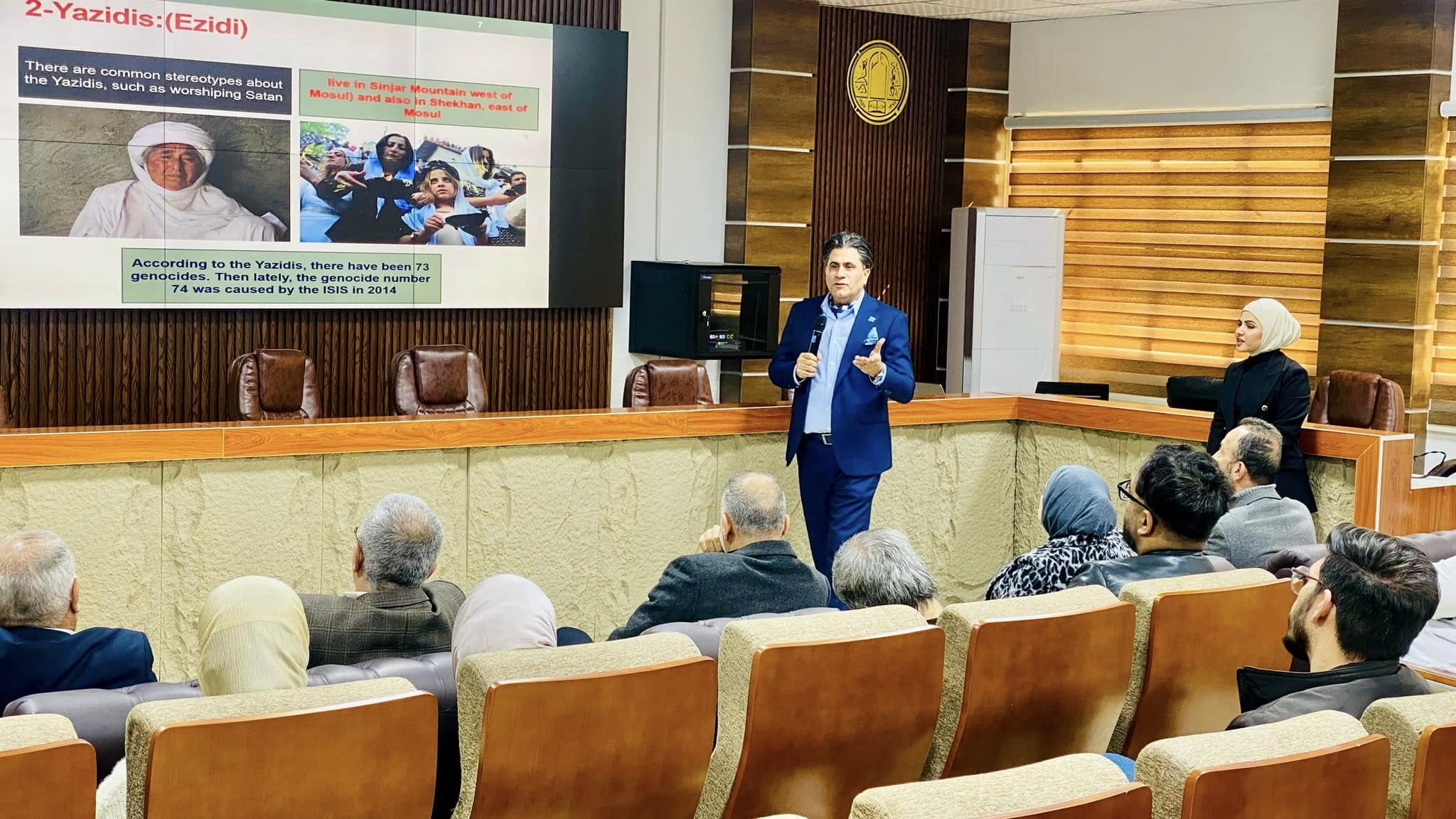Under the title of “The International Forum of Berlin”, The European Community of Religions (EGRD), with the cooperation of Masarat and many German institutions, has launched “The cultural week of Berlin” which included many activities, workshops and sessions of academic and cultural exchange from both the Iraqi and german participants for several days.
The cultural week started on October 5th with diplomatic attendance from Germany and Iraq and also academic figures and institutions from both countries. The event includes some sessions that were dedicated to indicate diversity and diversity management, where two workshops were organized; the first focused on diversity in Iraqi society (opinions and experiences), in which various institutions expressed their opinions and experiences, as the second workshop discussed the German experience of diversity management where experts viewed their different experiences referring that Iraq should learn from all the notes shared.
Another session in the conference included hosting a literary festival with the cooperation of the library of literature of Najaf al-Ashraf with the participation of a number of Arab poets in Europe.
The fourth session/event included a discussion panel in which the Iraqi Ambassador to Germany Lukman Faily made a speech and in-depth discussions about Weimarer Republic and how important its experience is to Iraq considering the current difficulties and comparing the experiences of both sides.
The fifth session focused on the dialogue between Iraqi and German elites considering editing the Constitution as a reference document that can provide long-term stabilization, even in light of the ongoing political crisis.
Finally, the sixth session witnessed an organized visit for the Iraqi delegation that included academics from several Iraqi Universities, including Baghdad University, Mustansiriyah University, Najaf University, and the University of Karbala. Moreover, several academics also attended Humboldt University which is considered one of the oldest Universities in Berlin and that it includes 161 different specializations.
The final session also included an in-depth discussion about the Iraqi community in Germany and the challenges members of various religions and ethnicities may face and how to find ways to collaborate to overcome the difficulties the Iraqi refugees encounter. The session also discussed the possibilities of making use of the experiences of the Iraqi-German elites in supporting the status and role of the economy and providing more stability in general.
